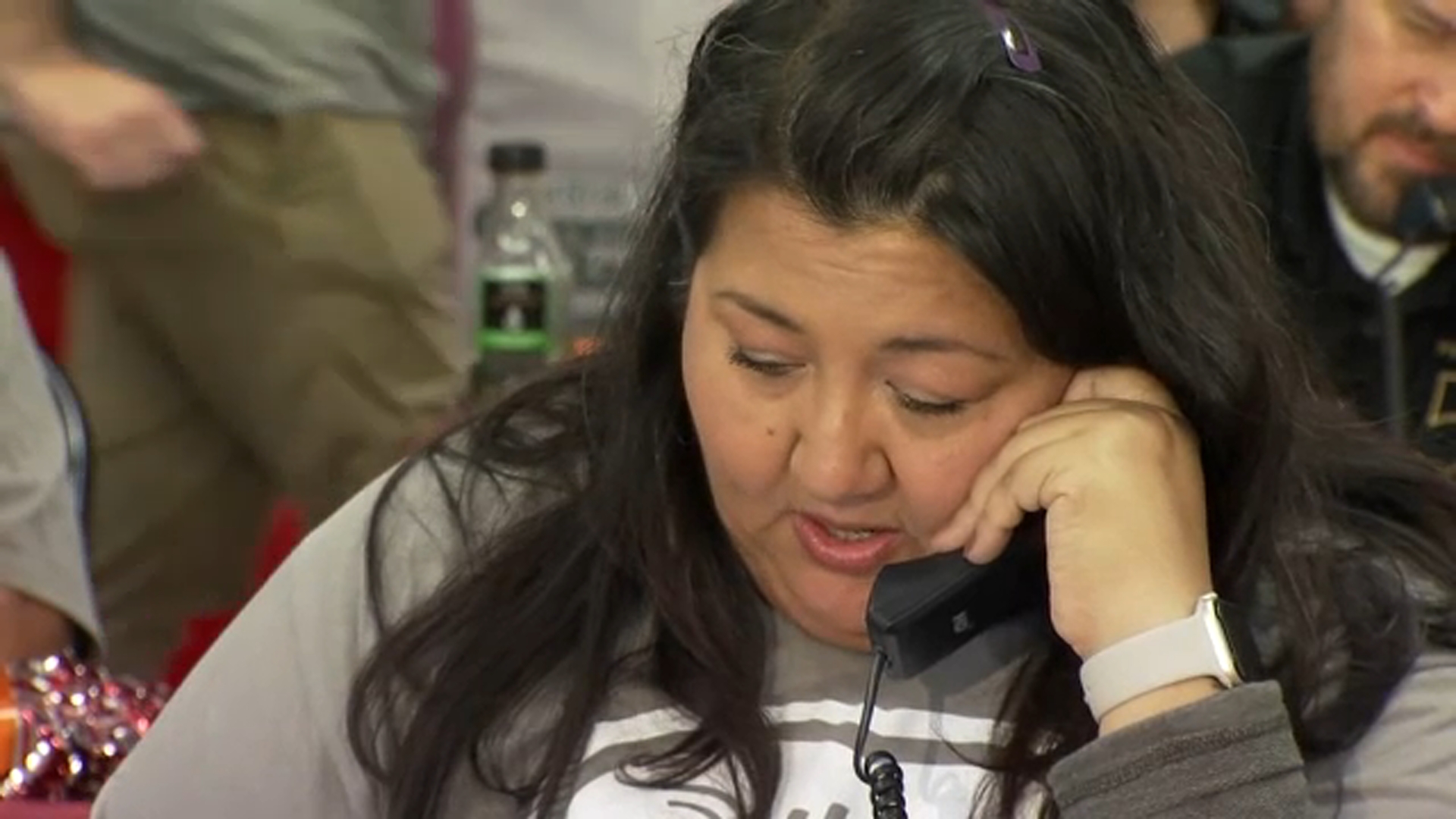Japanese PM Becomes 1st National Leader to Visit Philippine President

As the outspoken leader of the Philippines repeatedly criticizes his country's longtime relationship with the United States and hints at closer ties with China and Russia, another key U.S. ally, Japan, is making moves to maintain the regional status quo.
Japanese Prime Minister Shinzo Abe this week became the first national leader to visit the Philippines since Rodrigo Duterte became president there in June. Duterte has bashed the United States and its deep ties to the islands, which were once under American control.
Abe's two-day visit, analysts told ABC News, is aimed at keeping the Philippines away from growing closer to China -- and to salvaging its strong connections to top trading partner Japan and the United States, just as Duterte has been flirting with closer ties with U.S. adversaries like Russia.
"This is pretty much consistent with how Abe has approached Duterte since he took office," said Gregory Poling, the director of the Asia Maritime Transparency Initiative at the Center for Strategic and International Studies. "He's been, in a sense, the good cop to the Australia-E.U.-U.S. bad cop."
Duterte has been a frequent critic of the United States, threatening to scale back joint military exercises and going so far to suggest he would kick U.S. troops stationed in the Philippines out of the country. He welcomed two Russian warships last week to the Philippine capital, Manila, calling the Russians "friends" and saying he hoped they would "come back more often."
Duterte, meanwhile, has received widespread international criticism for his harsh campaign against illegal drugs, including from President Obama's administration.
Abe's visit, during which he promised billions in investment and aid to the Philippines, comes just three months after Duterte visited Japan. Then, Abe emphasized the strength and importance of the U.S. role in the region, according to Sheila Smith, a senior fellow for Japan studies at the Council on Foreign Relations.
"I think Abe is trying delicately to not temper Duterte, but to sort of put a broader context on the U.S. presence in the region," Smith said. As such, he may be trying to play a stabilizing role as a handover of power takes place in the United States, she said.
More significantly, Abe wants to strengthen regional cooperation to counter what it views as threatening Chinese aggression in the South China Sea, analysts said. Overtures between Russia and the Philippines are largely optics, they said.
"It's really China that can make or break the Philippines economy," said James Schoff, a senior fellow at the Carnegie Endowment for International Peace's Asia Program and a former senior adviser for East Asia policy at the U.S. Department of Defense.
"They want to salvage all the agreements that the United States made with the Philippines before Duterte came into power," he added. "Abe wants to keep those alive. So, he'll reinforce the value of the U.S.-Philippines relationship during those discussions."
The Associated Press contributed to this report.




